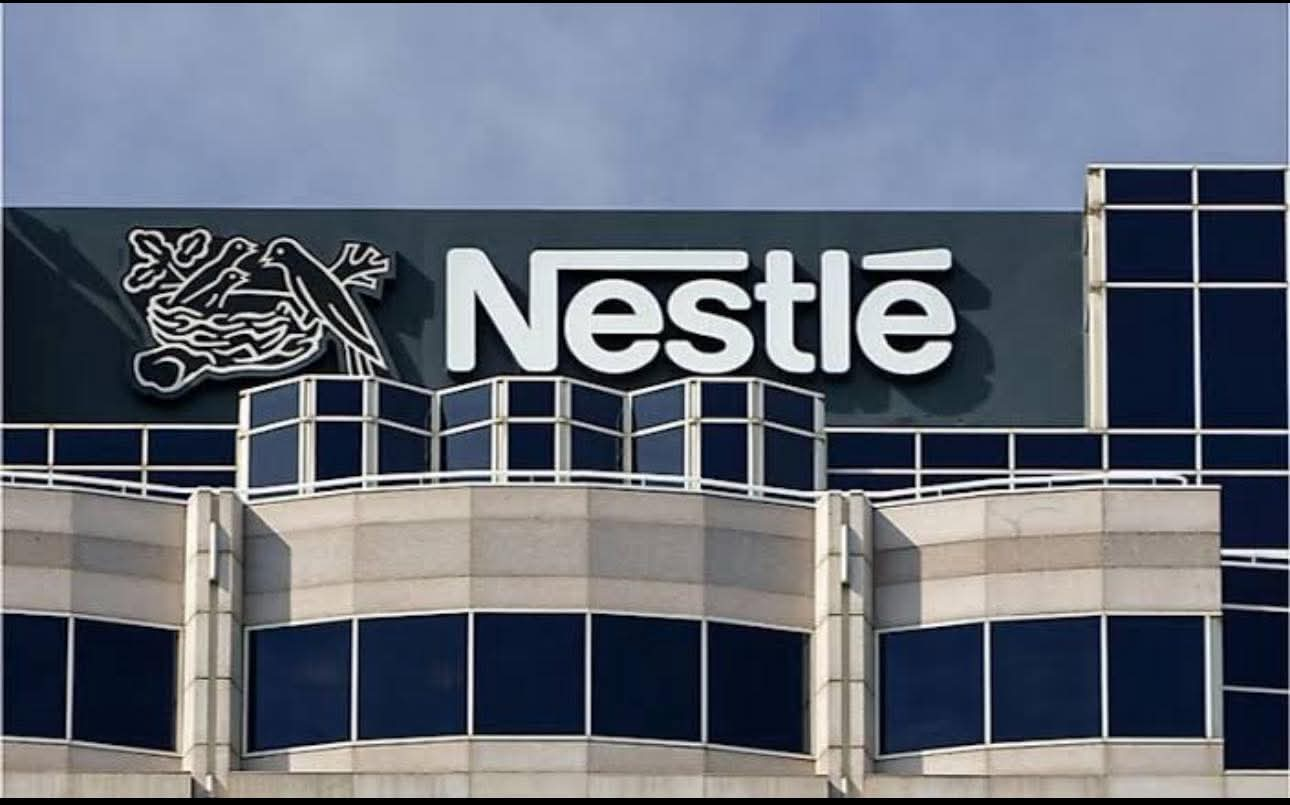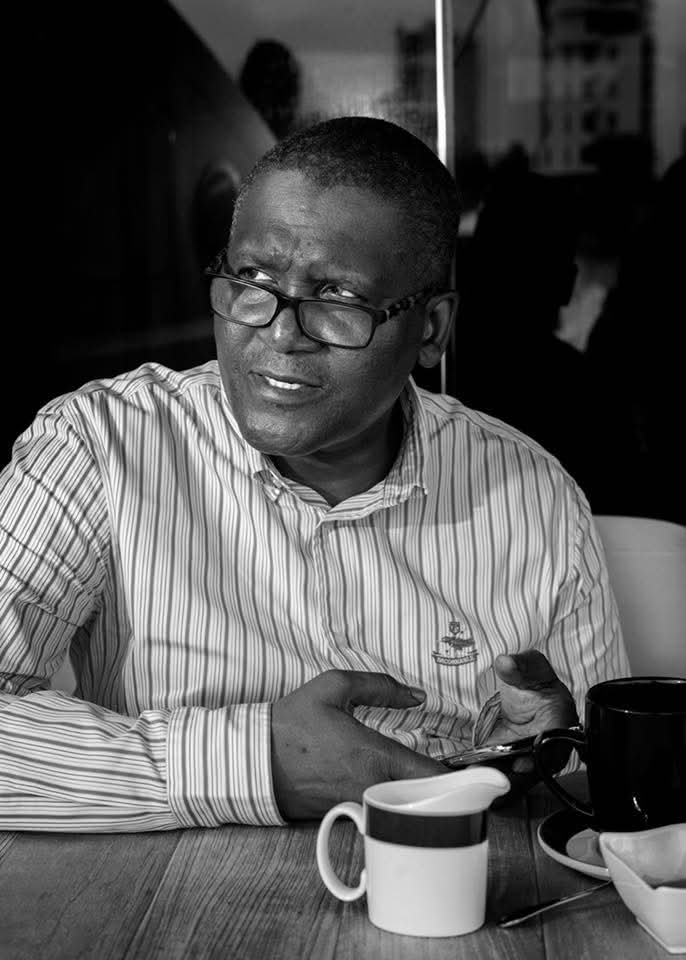Nestlé, the world’s largest food company, announced Thursday that it plans to layoff approximately 16,000 jobs worldwide over the next two years as part of an aggressive push to slash costs and improve operational efficiency. The cuts, which amount to almost 6% of its global workforce, are partially attributed to increasing automation across its operations.
The majority of the layoffs—about 12,000 roles will impact white-collar professionals. According to a company statement, these cuts target “operational efficiency,” driven by automating processes and expanding the use of shared services. An additional 4,000 jobs will be cut in manufacturing and the supply chain as part of productivity improvement measures.
“The world is changing, and Nestlé needs to change faster,” said new CEO Philipp Navratil in the statement. “This will include making hard but necessary decisions to reduce headcount.”
The announcement arrives amid growing industry concerns regarding the impact of artificial intelligence and automation on employment. Nestlé confirmed on its website that it utilizes AI across various functions, including research and development, and employs automation and advanced analytics in promotional activities such as managing discounts and in-store displays.
The planned workforce reduction follows an unexpected period of turmoil at the Swiss company. Its previous chief executive, Laurent Freixe, was dismissed in early September for failing to disclose a romantic relationship with a direct subordinate, violating Nestlé’s code of business conduct.
Despite the major restructuring and “ongoing risks from macroeconomic and consumer uncertainties,” the company also reported that its organic sales (a key measure of underlying growth) rose by 4.3% in the third quarter.
Investors reacted positively to the news of the cost-cutting measures, with Nestlé’s stock jumping 7.6% in early trading on Thursday.
The North American market remains Nestlé’s biggest, where consumer sentiment remains a focus as worries about inflation persist. The company reiterated its commitment to medium-term investment despite the challenging global economic outlook.





